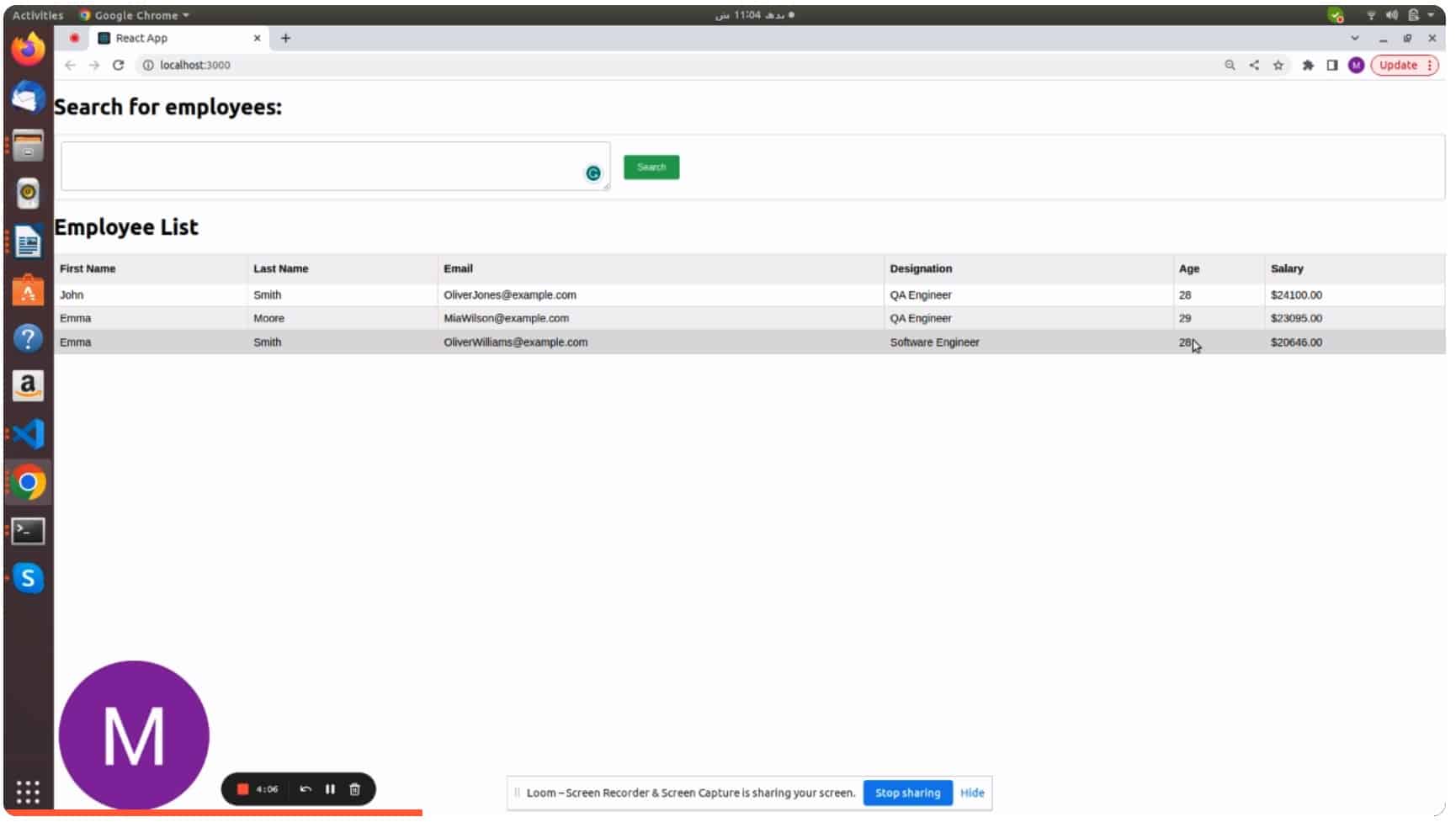How We Used the GPT API to Convert Natural Language to SQL Query

GPT API for SQL Query Creation
Our team implemented the GPT API into our database management process to allow non-technical stakeholders to write SQL queries in natural language. The process involves the following steps:
- Providing the Database Schema: We first provided the GPT API with the database schema to help it understand the relationships between tables and columns in the database. This was done by defining the schema using JSON and providing it to the GPT API.
- User Inputs Query in Natural Language: The user inputs their query in natural language using a web interface.
- GPT Generates SQL Query: The GPT API processes the input and generates a SQL query based on the user’s intent and the provided database schema.
- SQL Query is Executed: The SQL query is executed on the database, and the results are displayed to the user.
For example, a user may input the following natural language query: “What are the total sales by product category for the last quarter?” The GPT API would then generate the following SQL query:
SELECT ProductCategory, SUM(Sales)
FROM SalesTable
WHERE Date >= ‘2021-10-01’ AND Date <= ‘2021-12-31’
GROUP BY ProductCategory;
This process allows non-technical stakeholders to write SQL queries without having to understand the syntax and structure of the language.
Benefits of Using the GPT API for SQL Query Creation Implementing the GPT API into our database management process has several benefits, including:
- Improved Efficiency By allowing non-technical stakeholders to write SQL queries in natural language, we have reduced the time and effort required to create queries. This has resulted in faster query creation and improved productivity.
- Reduced Errors The use of natural language input reduces the likelihood of errors in SQL queries, leading to fewer data inconsistencies or data loss.
- Better Collaboration The GPT API has allowed for better collaboration between technical and non-technical stakeholders. Non-technical stakeholders can now create queries without relying on technical staff, leading to more efficient communication and collaboration.
Limitations and Future Developments
The GPT API is not without its limitations. The accuracy of the generated SQL queries depends on the quality of the training data, and the GPT-3 model is not perfect. However, we believe that the benefits of using the GPT API outweigh the limitations
